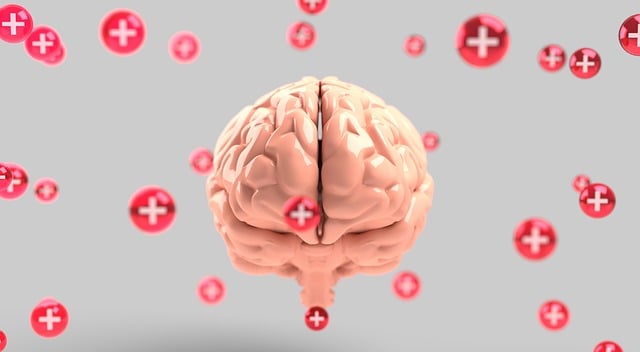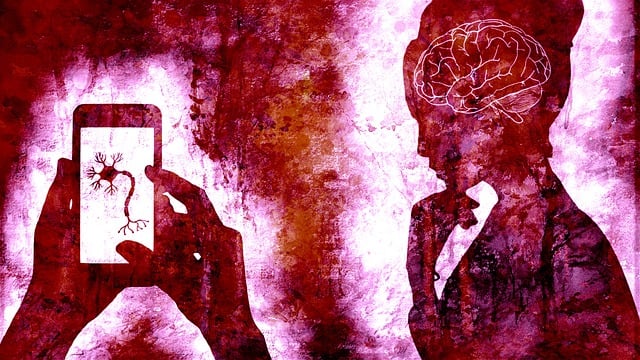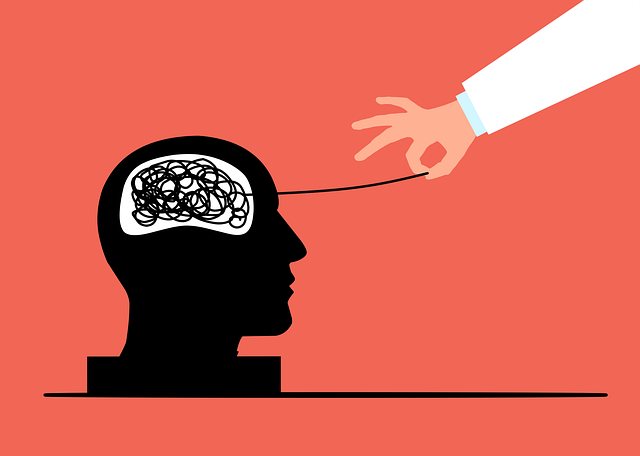The stigma surrounding mental illness, such as OCD in Northglenn, severely impacts individuals' well-being and recovery by leading to social exclusion and fear of seeking help. Public awareness campaigns play a crucial role in reducing this stigma by educating communities, promoting empathy, and encouraging early intervention for conditions like OCD. Local therapy programs in Northglenn effectively combat OCD stigma through evidence-based practices and innovative techniques, emphasizing mindfulness and CBT. Reducing mental health stigma is key to creating supportive communities, with education, personal stories, and access to resources like Northglenn Obsessive Compulsive Disorder Therapy fostering empathy and encouraging help-seeking behaviors.
Mental illness stigma remains a significant barrier to treatment, causing immense harm to individuals and communities. This article delves into the multifaceted nature of this issue, exploring its impact on mental health and highlighting specific cases like Northglenn Obsessive Compulsive Disorder (OCD). We present effective strategies to reduce stigma in communities, emphasizing the power of therapy, education, and individual empowerment. By fostering understanding, we can break down stereotypes and create a more supportive environment for those facing mental health challenges, including OCD therapy in Northglenn.
- Understanding Stigma and Its Impact on Mental Health
- Northglenn Obsessive Compulsive Disorder (OCD): A Focus on Therapy
- Effective Strategies to Reduce Stigma in Communities
- Empowering Individuals: Breaking the Cycle of Stigma and Discrimination
Understanding Stigma and Its Impact on Mental Health

Stigma surrounding mental illness can have profound effects on individuals’ well-being and recovery journey. It often manifests as negative attitudes, beliefs, and stereotypes about those experiencing psychological distress. In many cases, this stigma leads to social exclusion, discrimination, and a fear of seeking help. For instance, someone struggling with Obsessive Compulsive Disorder (OCD) in Northglenn might face challenges in accessing appropriate therapy due to the associated shame and misunderstanding.
Reducing mental health stigma is crucial for fostering an environment where people feel comfortable discussing their struggles openly. Public Awareness Campaigns Development initiatives play a significant role in educating communities, promoting empathy, and challenging societal norms. By sharing personal stories and providing accurate information about various mental health conditions, including OCD, these campaigns can help dispel myths and encourage early intervention. Furthermore, emphasizing emotional regulation skills and confidence-boosting strategies can empower individuals to manage their mental health proactively while reducing the impact of stigma.
Northglenn Obsessive Compulsive Disorder (OCD): A Focus on Therapy

In Northglenn, Colorado, efforts to reduce stigma surrounding Obsessive Compulsive Disorder (OCD) have gained momentum through targeted therapy programs that focus on both the mind and matter. The city’s mental health professionals utilize evidence-based practices to help individuals struggling with OCD navigate complex emotional healing processes. By combining traditional talk therapy with innovative techniques, these programs empower residents to overcome their symptoms and achieve lasting mental wellness.
The approach emphasizes the power of mindfulness and cognitive behavioral therapy (CBT) to challenge unhelpful thought patterns and behaviors associated with OCD. Through personalized treatment plans, individuals learn effective coping mechanisms that promote mental resilience. By addressing the core issues and fostering a deeper understanding of OCD, Northglenn OCD therapy offers transformative experiences, enabling those affected to reclaim their lives and cultivate a profound sense of emotional well-being.
Effective Strategies to Reduce Stigma in Communities

Reducing stigma surrounding mental health conditions is an essential step towards fostering understanding and support within communities. One effective strategy involves education and awareness campaigns that dispel myths and misconceptions about mental illness. These initiatives can be community-led, utilizing local support groups, schools, and places of worship to reach a wide audience. By presenting accurate information about various disorders, such as Obsessive Compulsive Disorder (OCD), and emphasizing the recovery potential through therapy, communities can foster empathy and reduce fear.
Additionally, involving individuals with personal experiences in these campaigns can be incredibly powerful. Sharing their stories of resilience and emotional healing processes encourages others to view mental illness as a treatable condition. This approach not only educates but also inspires hope, leading to more open conversations about mental wellness and the importance of seeking professional help, like Northglenn OCD therapy, when needed.
Empowering Individuals: Breaking the Cycle of Stigma and Discrimination

In the fight against mental illness stigma, empowering individuals is a transformative strategy. Education and access to resources like Northglenn Obsessive Compulsive Disorder (OCD) Therapy play a pivotal role in breaking the cycle of discrimination. By providing platforms for open conversations about mental health, communities can foster empathy building strategies that challenge stereotypes. This begins with understanding and recognizing the unique challenges faced by those struggling with conditions like OCD. Encouraging self-care routine development for better mental health becomes an essential tool in this process, as individuals learn to manage their symptoms effectively.
Mindfulness meditation, as a practice, can significantly contribute to stigma reduction efforts. It teaches individuals to cultivate awareness and acceptance of their thoughts and emotions without judgment, fostering a sense of calm and resilience. This not only enhances overall well-being but also encourages empathy among peers, leading to more supportive environments for those navigating mental health challenges. Through these approaches, communities can actively work towards creating a society where everyone feels understood and supported.
Mental illness stigma is a significant barrier to treatment and recovery. By understanding its profound impact, such as ostracization and discrimination, we can appreciate the urgent need for reduction efforts. Initiatives like focusing on therapy for Northglenn Obsessive Compulsive Disorder (OCD) demonstrate effective strategies to combat stigma. Community involvement and individual empowerment through education are key to fostering an environment where mental health is treated with compassion and understanding, ultimately breaking the cycle of stigma and discrimination.














